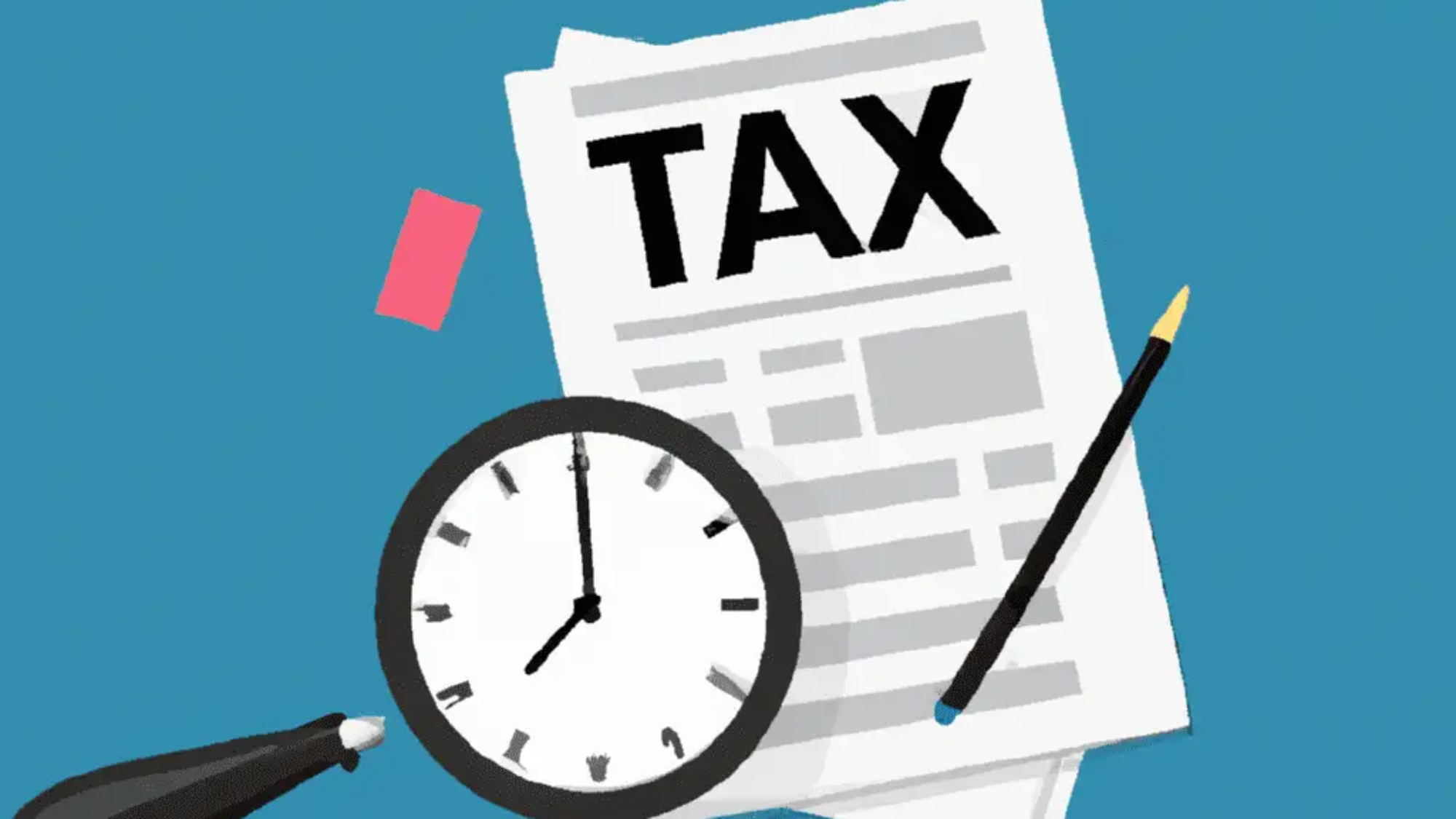Thailand income tax system applies to both individuals and corporations with income derived from sources within Thailand and, in some cases, from foreign income. The tax system is governed by the Revenue Code of Thailand, with different rules for tax residents, non-residents, businesses, and foreign companies. Understanding the tax categories, rates, and filing requirements is essential for ensuring compliance.
1. Tax Residency in Thailand
An individual is considered a tax resident if they reside in Thailand for 180 days or more per tax year (January 1 to December 31).
- Tax residents: Pay tax on income earned in Thailand and foreign income remitted to Thailand within the same year.
- Non-residents: Taxed only on income sourced in Thailand.
2. Personal Income Tax (PIT)
2.1 Taxable Income
Income is classified into eight categories, including:
- Salaries and Wages
- Rental Income
- Dividends and Interest
- Capital Gains
- Professional Fees
- Business Profits
2.2 Progressive Tax Rates (2024)
| Annual Income (THB) | Tax Rate |
|---|---|
| 0 – 150,000 | Exempt |
| 150,001 – 300,000 | 5% |
| 300,001 – 500,000 | 10% |
| 500,001 – 750,000 | 15% |
| 750,001 – 1,000,000 | 20% |
| 1,000,001 – 2,000,000 | 25% |
| 2,000,001 – 5,000,000 | 30% |
| Over 5,000,000 | 35% |
2.3 Allowances and Deductions
Taxpayers can reduce their taxable income through various allowances and deductions, including:
- Personal Allowance: 60,000 THB
- Spouse Allowance: 60,000 THB (if the spouse has no taxable income)
- Child Allowance: 30,000 THB per child (max three children)
- Provident Fund Contributions and Retirement Savings
- Health and Life Insurance Premiums
3. Corporate Income Tax (CIT)
Corporate income tax is levied on companies registered in Thailand and foreign companies conducting business in Thailand.
3.1 Standard Corporate Tax Rates
- 20% for most companies.
- Small and Medium Enterprises (SMEs) with net profits below 300,000 THB are exempt from tax; for profits between 300,001 – 3,000,000 THB, a 15% tax applies.
3.2 Branches of Foreign Companies
Foreign companies with a permanent establishment in Thailand pay tax on profits earned within the country.
4. Double Taxation Agreements (DTAs)
Thailand has double taxation treaties with over 60 countries, which help prevent foreign income from being taxed twice. These agreements reduce withholding tax rates on dividends, royalties, and interest.
5. Tax Filing and Compliance
5.1 Personal Income Tax
- Annual tax returns must be filed by March 31 of the following year.
- Individuals with only employment income are subject to withholding tax by their employers.
5.2 Corporate Income Tax
- Mid-year tax filings are due by August 31.
- Annual corporate tax returns are due by May 31 of the following year.
6. Penalties and Non-Compliance
Non-compliance can result in penalties and surcharges, including:
- 1.5% per month on unpaid tax.
- Fines for late filing and underpayment of taxes.
7. Conclusion
Thailand’s income tax system is designed to be progressive for individuals and standardized for corporations. While tax residents are liable for both local and foreign income under specific conditions, tax planning and understanding deductions can significantly reduce tax burdens. For businesses, working with legal and tax advisors ensures compliance with ever-evolving regulations.


Leave Your Comment